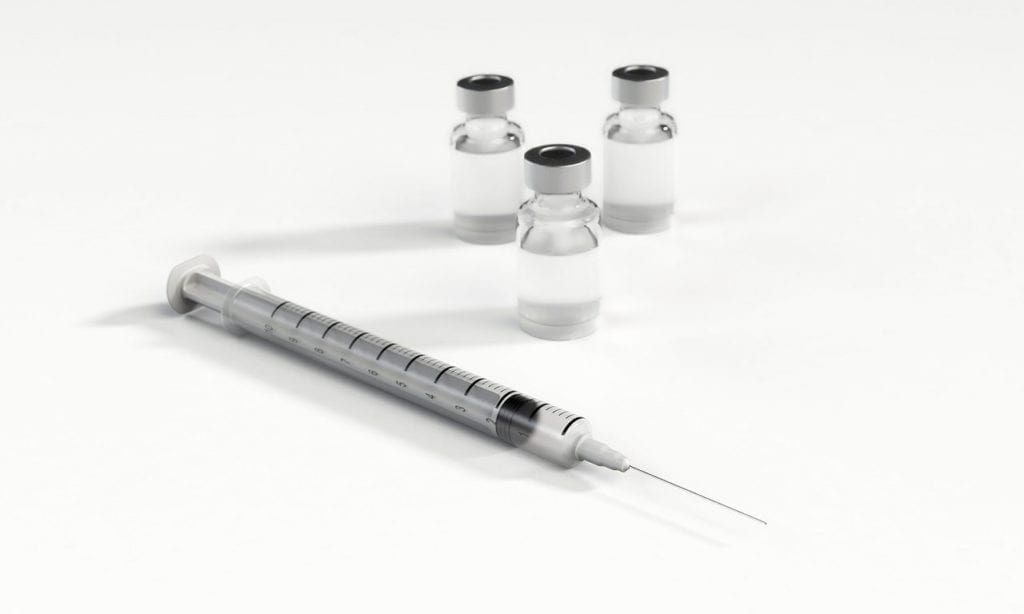According to GlobeNewswire, the results from a Phase 1 study of lirentelimab have been released. Allakos developed this medication as a treatment for eosinophilic and mast-cell related diseases. In this study, they evaluated lirentelimab when given to people with eosinophilic gastritis, eosinophilic esophagitis, and eosinophilic duodenitis.
About Eosinophilic Esophagitis
Eosinophilic esophagitis is a digestive system disorder in which there are high levels of eosinophils in the esophagus. High amounts of these white blood cells typically accumulate when one is exposed to an allergen. Medical professionals have also found that some affected individuals have a high expression of the eotaxin-3 gene, so there may be a genetic component to this condition as well. Regardless of the cause, symptoms include difficulty swallowing, malnutrition, a poor appetite, nausea, vomiting, stomach pain, poor growth, weight loss, and food getting stuck in the throat. In terms of treatment, a change in diet has been proven to greatly improve symptoms. Doctors advise that patients avoid milk, fish, eggs, nuts, soy, and wheat. If one has a very severe case, they may need a liquid diet or steroids to reduce inflammation.
About the Study
This Phase 1 study aimed to evaluate the tolerability, safety, pharmacodynamics, and pharmacokinetics of lirentelimab when administered subcutaneously every month. Participants had a range of eosinophilic conditions, including eosinophilic gastritis and eosinophilic esophagitis.
Participants were evaluated for 85 days and given 300 mg of lirentelimab, a placebo, or 0.3, 1.0, 3.0, or 5.0 mg/kg of lirentelimab. After the trial was over, researchers discovered that every dose resulted in a long-term suppression of eosinophils. Either 3.0 or 5.0 mg/kg or a fixed dose of 300 mg were found to be the best options.
Hopefully future data on this treatment is positive as well, as it could better the lives of those with eosinophilic disorders.






